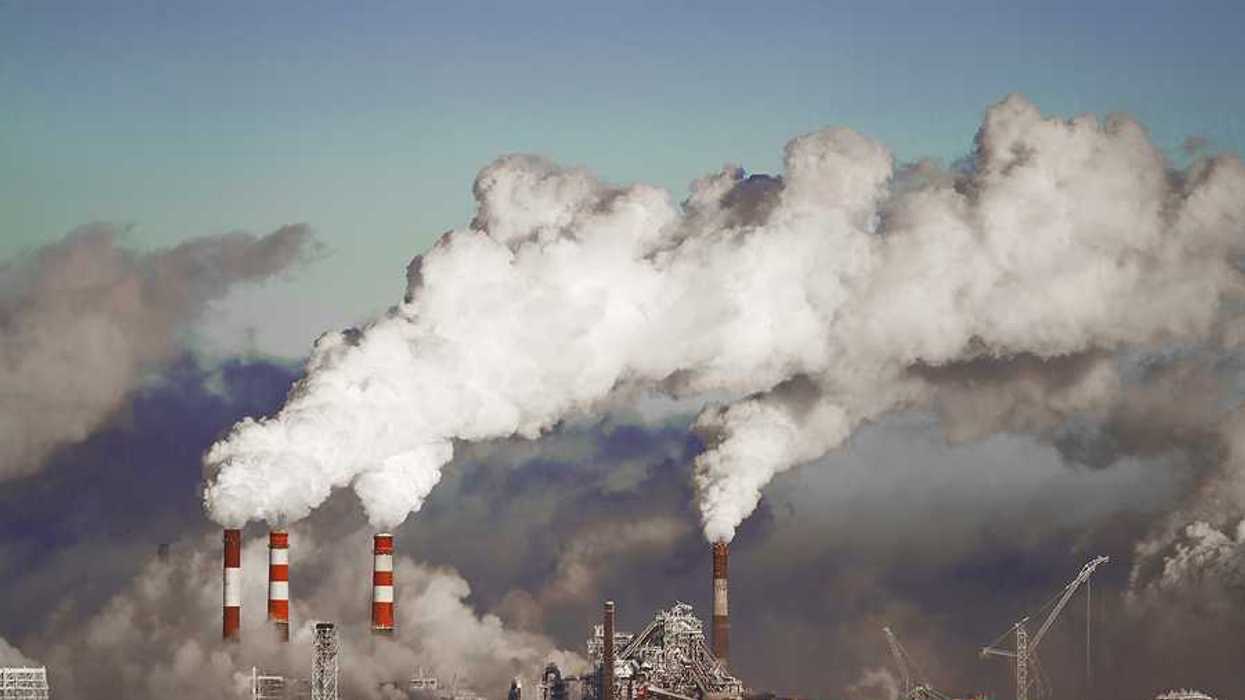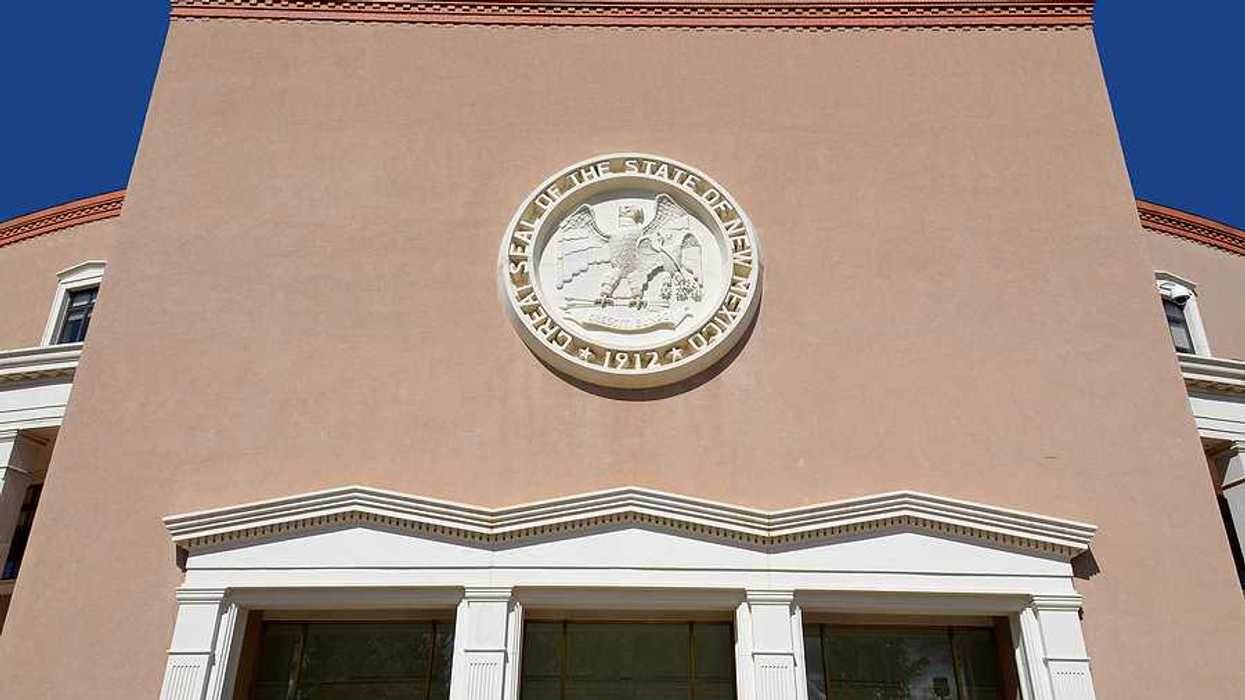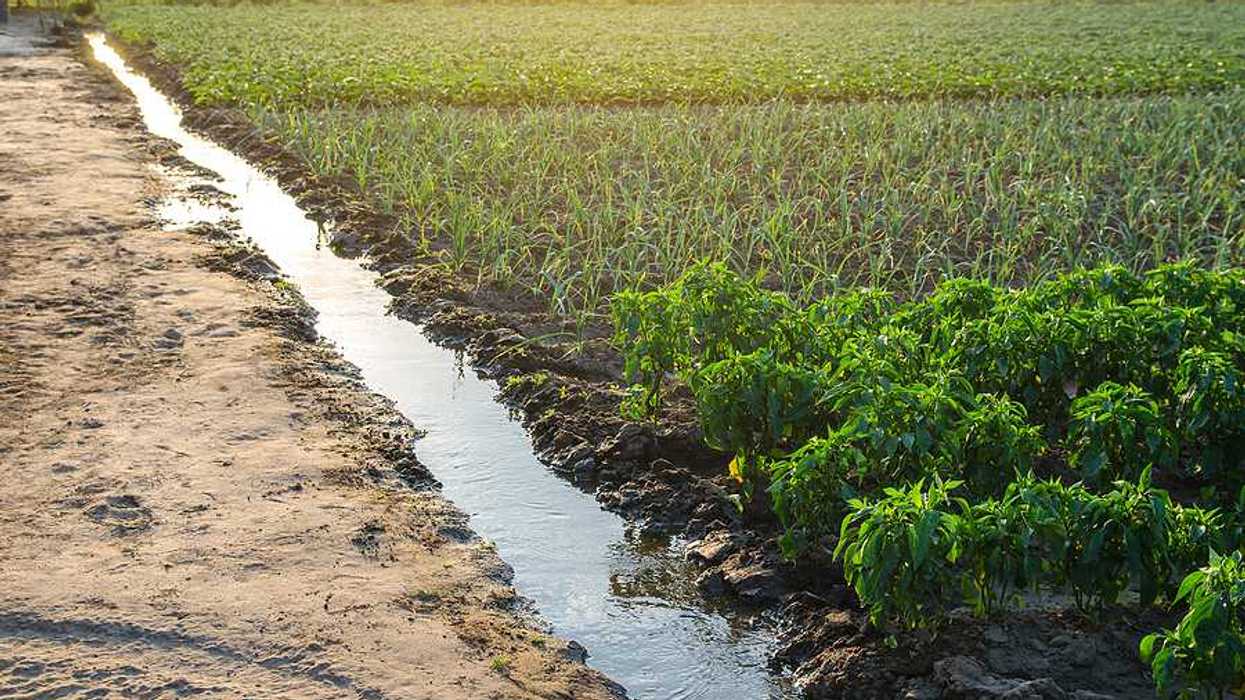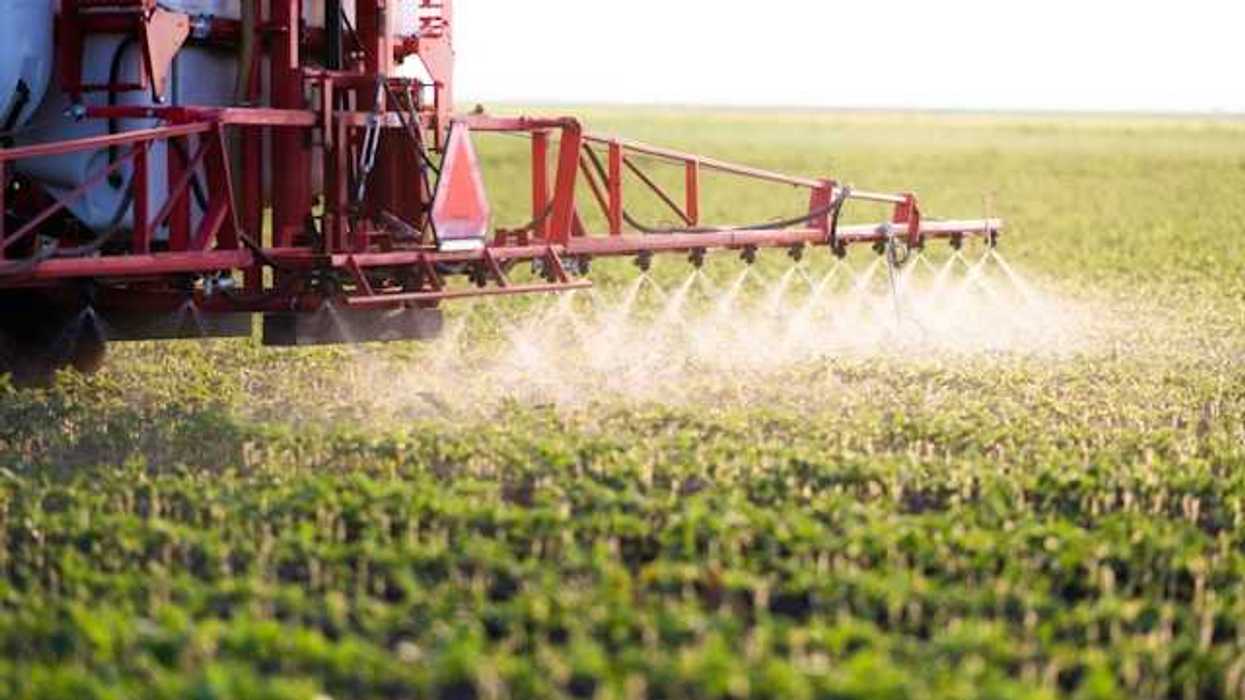Efforts to reduce air pollution may be unintentionally increasing methane emissions from wetlands, potentially accelerating global warming.
Rosie Frost reports for Euronews.
In short:
- A study suggests that declining sulfur emissions, due to clean air policies, may be lifting a natural suppression on methane production in wetlands.
- Researchers estimate wetlands could emit an additional 20 to 34 million metric tons of methane annually as a result.
- Scientists emphasize the need to further cut human-caused methane emissions to offset rising natural emissions.
Key quote:
“Well-meaning policies aimed at reducing atmospheric sulphur appear to be having the unintended consequence of lifting this sulphur ‘lid’ on wetland methane production.”
— Professor Vincent Gauci, study lead author, University of Birmingham
Why this matters:
Methane is a powerful greenhouse gas responsible for roughly 30% of human-caused global warming. While reducing air pollution is vital for public health, this study highlights the complex interactions between climate policies and natural ecosystems. To mitigate warming, reducing methane emissions from human activities like agriculture and fossil fuels will be even more critical.
Read more: Methane emissions are rising at a record-breaking pace













